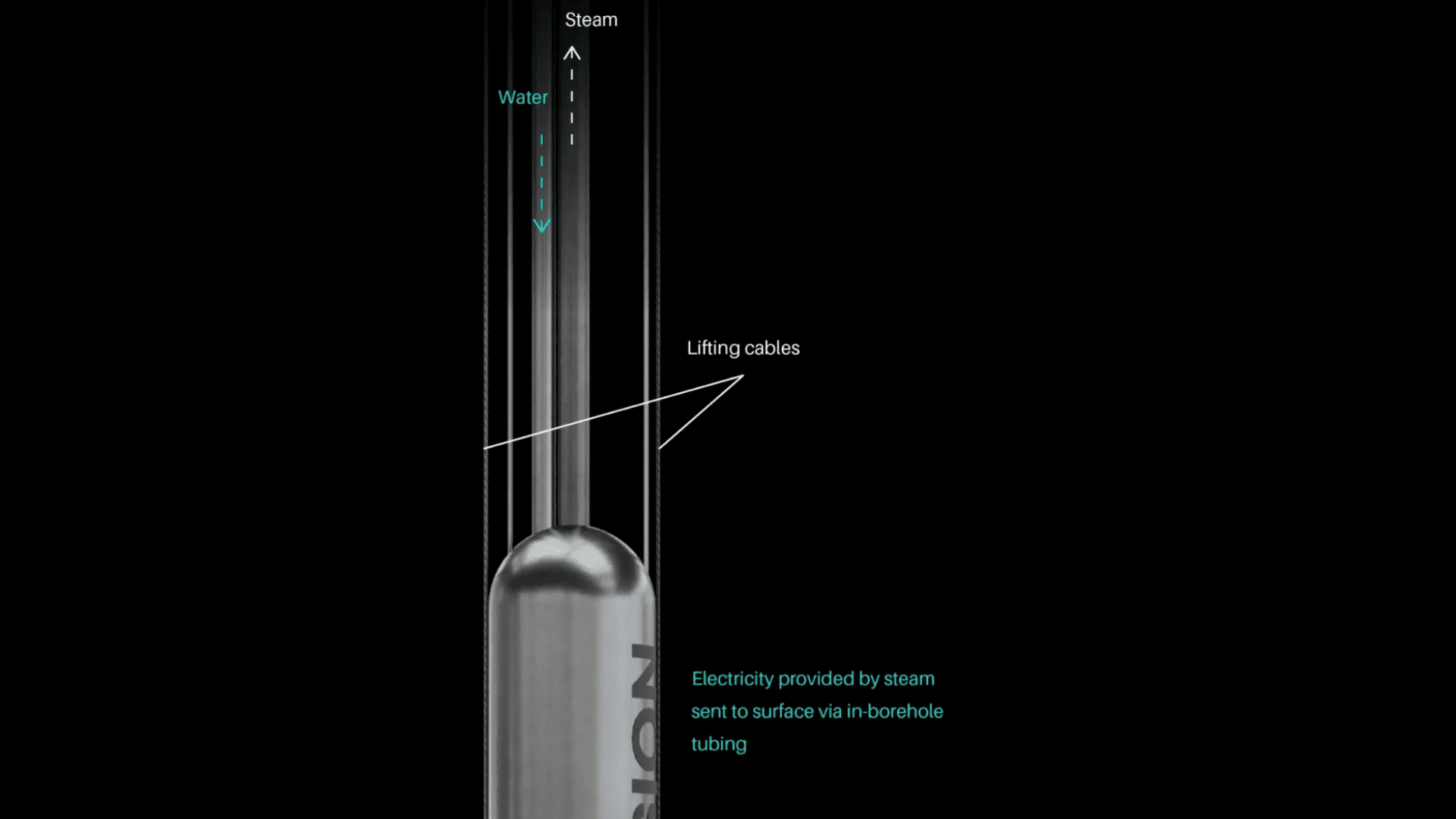Deep Fission, a nuclear energy startup based in California, announced a major milestone in its journey to bury micro reactors a mile underground. According to the company, it raised $30 million in a private placement and completed a reverse merger to become publicly traded.
Deep Fission’s approach focuses on burying small modular pressurized water reactors (SMRs) one mile underground in boreholes.
A Family Affair
Deep Fission’s founders, Elizabeth and Richard Muller, are a father-daughter duo with backgrounds in science and entrepreneurship. The company comprises experienced scientists, engineers, and entrepreneurs who want to change the energy landscape.
Deep Fission currently has 24 patent applications, one of which is an already approved U.S. application, and over 40 unique innovations.
According to the company, the funding round was heavily oversubscribed. Notable investors include 8VC, Deep Future, Wave Function, Ed Eisler of EE Holdings, and Mark Tompkins of Montrose Capital Partners.
A New Approach to Nuclear Energy
Advertisement


Deep Fission will use the funding and market access to back the company’s pilot project, which was selected for the Department of Energy’s (DOE) Reactor Pilot Program. The company aims to achieve criticality by July 2026. The Mullers and their team believe their technology can deliver a “safe, reliable, and affordable” low-carbon power source. Specifically, Deep Fission wants to meet the growing demands of sectors such as AI data centers.
Scientists take a subterranean approach, using natural geology combined with billions of tons of bedrock as a safety and containment barrier. As a result, it eliminates the need for costly megastructures and cuts costs significantly.
Their underground reactor design integrates nuclear, oil, gas, and geothermal technology. They also simplify the supply chain using off-the-shelf parts and readily available, low-enriched uranium. The company does this because it aims for a faster, cheaper path to deployment.
“This is a unique moment for the nuclear industry. Deep Fission has the right technology, at the right time, and in the right place,” Deep Fission’s Co-Founder and CEO, Liz Muller, said.
“With this funding, we can begin building our pilot reactor, aiming for completion in 2026,” Muller added. “We believe we can scale our technology quickly and profitably to meet the huge energy demand from AI data centers and other customers worldwide.”



